15% off £20
Comfrey oil benefits

Summary
1What is comfrey oil?
Comfrey is a flowering shrub that grows in Europe, Asia and, now, North America...
2Benefits of comfrey oil
Topically applied comfrey oil is associated with a wide range of health benefits and can help with certain issues including...
3Comfrey oil side effects
Comfrey oil shouldn’t be used for cooking, like other types of cooking oil. Ingesting cooking oil has been banned by the European Union...
Comfrey oil is a herbal oil that moisturises skin, and that’s been used as a healing herb for a long time.1
Since at least the 4th century, people have used comfrey medicinally. Medicine makers would bind comfrey leaves and roots in poultices, then apply those poultices to the skin to treat injuries. The first European settlers of America considered comfrey so indispensable, they carried it on their journey across the Atlantic in the 1600s.2
Modern science suggests that the ancients were correct in believing comfrey helps to heal wounds and relieve pain.3,4 In this article, we’ll explain where comfrey comes from, comfrey oil’s remarkable health benefits and how to use it at home. Finally, we’ll warn of any side effects associated with comfrey oil.

What is comfrey oil?
Benefits of comfrey oil
- Grazes
- Fractures
- Encourages leg ulcer recovery
- Back discomfort
- Comfrey oil uses
Potential comfrey oil side effects
- https://www.ncbi.nlm.nih.gov/pmc/articles/PMC5908267/
- http://www.missouribotanicalgarden.org/PlantFinder/PlantFinderDetails.aspx
- http://www.sciencedirect.com/science/article/pii/S0965229913001672
- http://www.ncbi.nlm.nih.gov/pubmed/22887778
- https://www.ncbi.nlm.nih.gov/pmc/articles/PMC6363250/
- https://www.ncbi.nlm.nih.gov/pmc/articles/PMC6631335/
- https://www.ncbi.nlm.nih.gov/pmc/articles/PMC6631335/
- https://pubmed.ncbi.nlm.nih.gov/22887778/
- https://www.ema.europa.eu/en/documents/herbal-report/final-assessment-report-symphytum-officinale-l-radix_en.pdf
- http://pennstatehershey.adam.com/content.aspx?productid=107&pid=33&gid=000234
- https://www.ema.europa.eu/en/documents/herbal-report/final-assessment-report-symphytum-officinale-l-radix_en.pdf


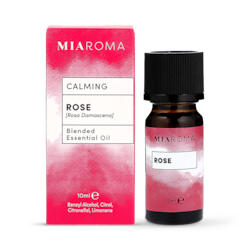
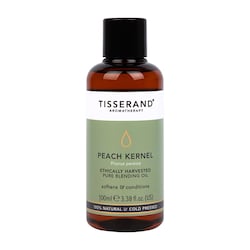
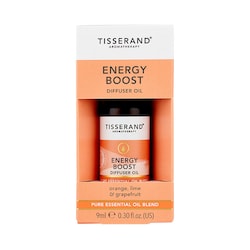
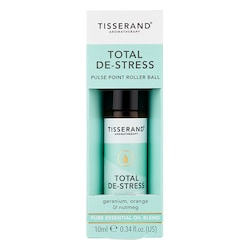
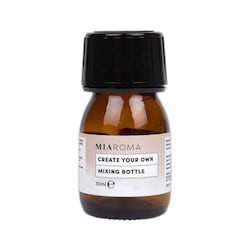

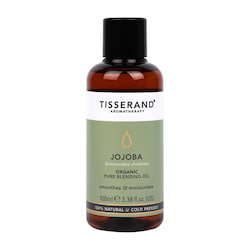
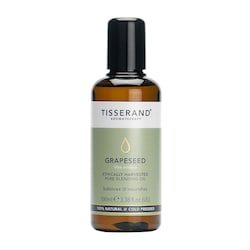
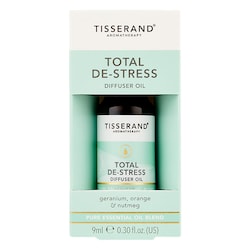
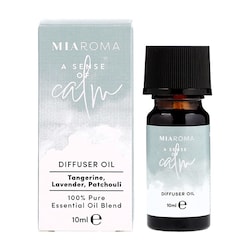
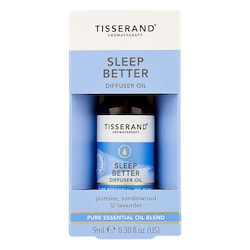

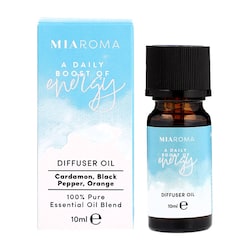
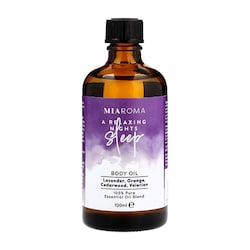
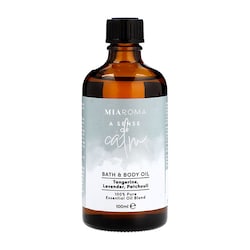
.png)












